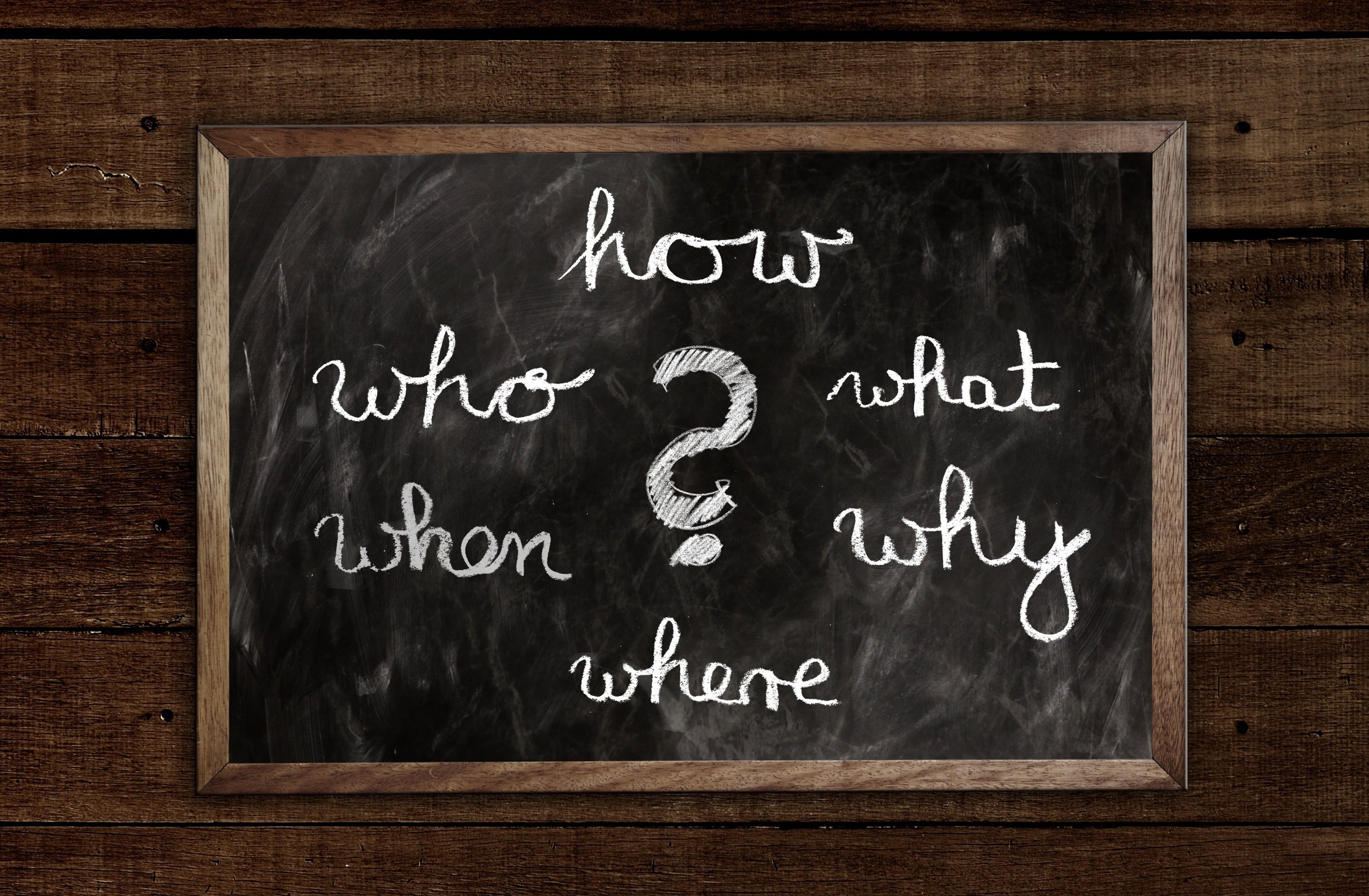What Does It Feel Like To Have IBS?
- Treatments, Testing and Diagnosis
Recently, Irritable bowel syndrome (IBS) has become a much more recognised condition, but, what does it feel like to have IBS? Despite this condition affecting around 1 in 10 adults, many of us are still unsure about what it actually feels like (1).
Trying to find out what IBS feels like can be confusing. For instance, if we look at the definition of IBS:
‘Abdominal pain associated with defecation or a change in bowel habits‘ (2).
To me, this doesn’t really answer the question; ‘What does it feel like to have IBS?”.
Yes, it vaguely describes the condition, but it doesn’t tell you about:
- Type of abdominal pain or bowel habits?
- Severity of pain or changes in bowel movements?
- Frequency of pain or altered bowel movements?
To help with this understanding, I’ve clarified what’s missing in the definition above (type, severity and frequency) and covered what your next step should be if you think you might have IBS.
TYPE – of abdominal pain and changes in bowels experienced with IBS
To fit the criteria for IBS you must have; ‘Recurrent abdominal pain, on average, at least 1 day/week in the last month, associated with one or more of the following criteria(2).’
- Opening bowels (pain may improve or worsen).
- A change in frequency of stools.
- A change in appearance of stools.
Some of the most common symptoms to be aware of are; diarrhoea, constipation, bloating, wind, stomach cramps, discomfort or pain (3).
Other symptoms which are less common, and would not occur without a symptom from above are (4);
- Tiredness
- Nausea
- Backache
- Bladder problems
But, it is important to remember…
A. IBS can feel completely different from one person to the next.
- You could have just one of these symptoms e.g just constipation, or a mixture e.g. constipation and diarrhoea, but still have IBS (5).
B. Symptoms are triggered at different times or situations for each individual.
- For some, it could be after having a certain food or drink (6).
- For others, it may be due to the frequency of meals or how quickly they are eaten (4).
- Also, stressful times in your life, which are enough to worry about on their own, could kick off IBS (7). Of course, these are very unique to the individual, but a few examples are; pressure at work, relationship problems or during busy times like Christmas.
SEVERITY – of symptoms experienced in IBS
If you have read about someone’s experience of IBS or know someone diagnosed with IBS and your symptoms are less severe, I wouldn’t advise completely ruling IBS as a possible suspect.
Symptom severity varies from person to person.
FREQUENCY – of symptoms experienced in IBS
Recognising that what you have been feeling (or enduring), has the potential to be IBS is mainly down to the lengthy duration of symptoms. To be classed as IBS, your symptoms must have started at least 6 months ago with a frequent occurrence of once a week for the past 3 months (2).
What should I do if I think I have IBS?
Most importantly- DO NOT self diagnose!
Even if it seems so obvious that you have IBS and all the symptoms add up, it is still necessary to visit your GP. This is because the symptoms of IBS may also be coeliac disease, bowel cancer, chrons disease and numerous other digestive diseases – so do not guess!
Other than that, self- diagnosing often leads to self-treating. Making big changes to your diet or taking medication without being advised to do so could be detrimental to your health.
What will happen if the GP confirms I have IBS?
If the GP confirms you have IBS, you will then need to a specialist dietitian.
The dietitian’s role is to help reduce or improve symptoms, either by identifying trigger food and drinks, or recognising other links to what causes your IBS.
Article written by student dietitian Rebecca Mcsparron.
Reviewed and edited by dietitian Kirsten Jackson.
